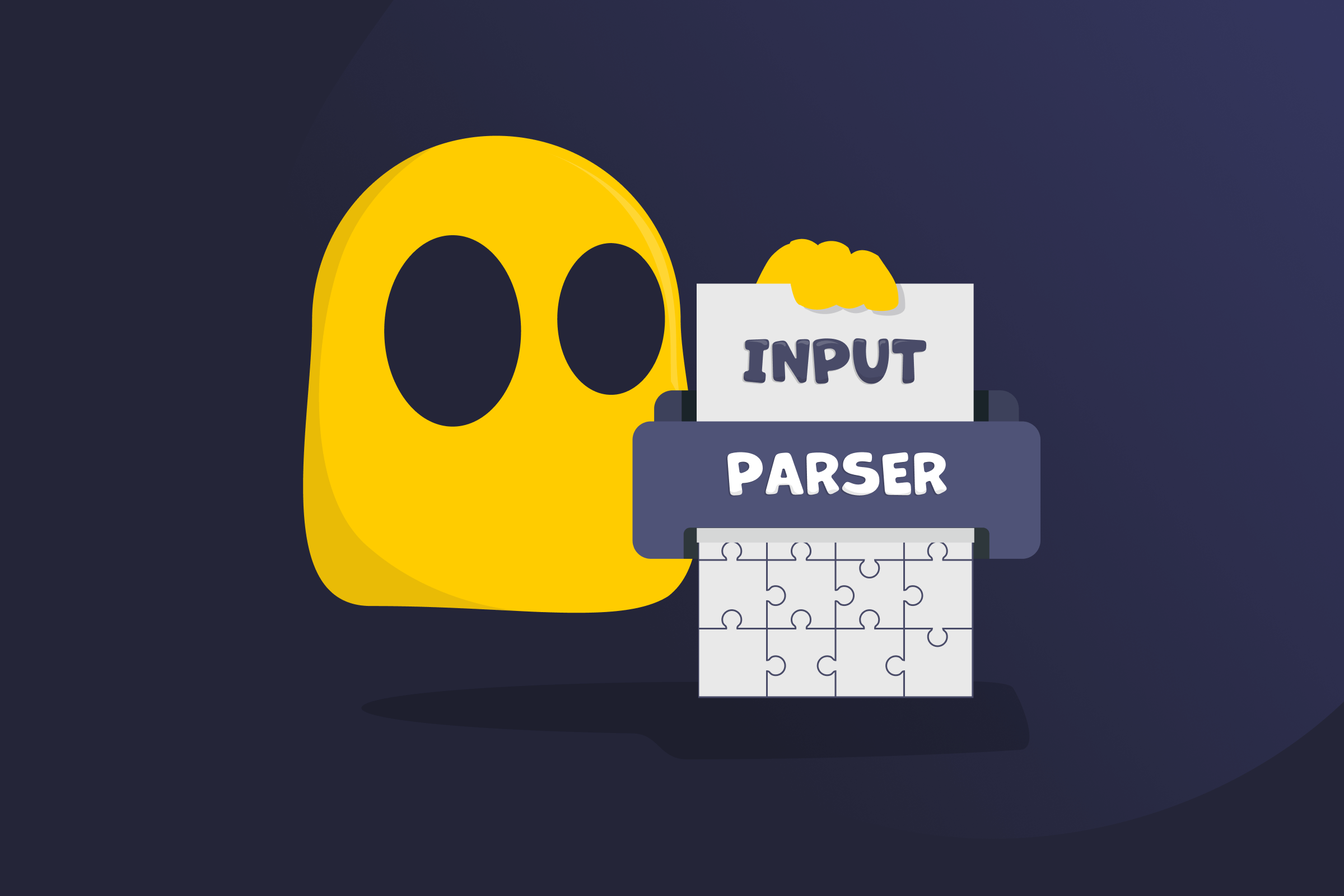Parser

Parser Definition
A parser is a tool or part of a program that reads input and turns it into a structured form a computer can work with. It checks how the input is structured and then breaks it into smaller pieces that follow specific rules. After that, the parser builds a clear internal representation of what the input means, so the rest of the software can process it correctly.
In simple terms, a parser helps software make sense of data. It takes things like files, messages, or code, figures out what each part represents, and organizes everything so the program knows how to handle it.
How Parser Works
A parser receives raw data in formats like JSON, XML, HTML, CSV, or source code. It then splits it into meaningful units like strings, numbers, symbols, or tags. This is often handled by a separate tokenizer or lexer.
Next, the parser checks the structure of the input by applying the format’s rules to confirm everything is valid and in the correct order. Once confirmed, it builds a structured output that the program can use, such as a parse tree, an abstract syntax tree, or a nested object model. This structure shows how different parts relate to each other and helps the program understand their context. If the input breaks the rules at any point, the parser reports an error, often pointing to where the problem occurs.
Three Stages Involved in Understanding Input
- Lexical analysis: Turns raw text into tokens (the smallest meaningful units in a programming language), such as keywords, identifiers, literals, operators, and punctuation.
- Syntactic analysis: Checks whether those tokens fit the grammatical rules and organizes them into a structured form.
- Semantic analysis: Looks for meaning, such as whether names are defined, types match, and operations make sense within the rules of the language.
Two Common Parsing Approaches
- Top-down parsing: Starts with the main grammar rule and works downward, trying to match the input by expanding rules until it reaches the tokens.
- Bottom-up parsing: Starts with the input tokens and combines them into larger parts until the full grammar rule is produced.
Read More
FAQ
All programming languages use parsers. Any time you run code, the language tooling has to read your source text and understand its structure. Interpreters and compilers do this with a parser that turns the code into an internal form (often a syntax tree) before it can be executed or compiled.
A tokenizer (also called a lexer) breaks raw input into small, meaningful pieces called tokens, like keywords, numbers, strings, operators, or punctuation. A parser takes those tokens and checks whether they follow the rules of the language or format, then organizes them into a structured representation that shows how the pieces relate to each other.
Yes, a parser can be a security risk. Parsers often handle input that comes from outside the system, like files, web requests, or API responses. If that input is malformed or intentionally crafted by an attacker, a buggy parser might crash, consume too many resources, or misread the data in a way that bypasses checks. In some cases, parsing flaws can even be used to run unauthorized code or access data that should be blocked.

 45-Day Money-Back Guarantee
45-Day Money-Back Guarantee